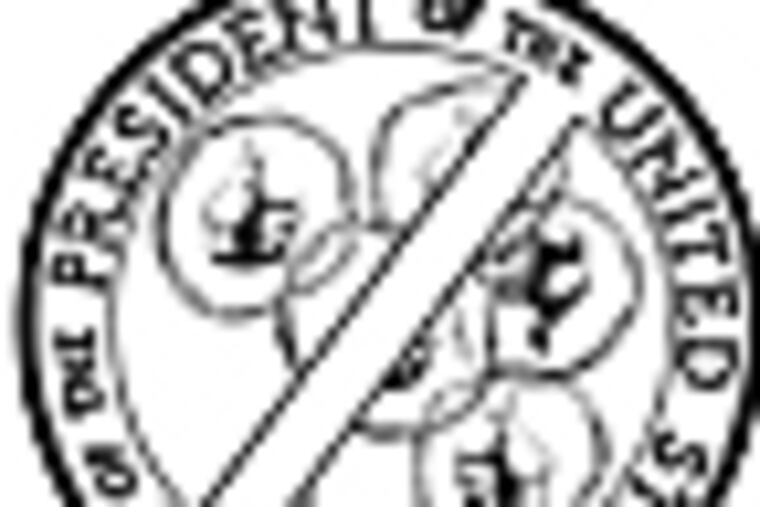Inquirer Editorial: Democracy that stops short
Most people probably don't realize it, but there's a slow, quiet move under way to bring American democracy into the 21st century by ensuring the presidential candidate who gets the most votes is actually elected president.

Most people probably don't realize it, but there's a slow, quiet move under way to bring American democracy into the 21st century by ensuring the presidential candidate who gets the most votes is actually elected president.
The National Popular Vote movement got a huge boost recently thanks to the most populous state. Earlier this month, California officially joined eight states and the District of Columbia in pledging to cast its electoral votes for the winner of the popular vote. The pledge won't take effect until signed by states representing a majority of the Electoral College, 270.
As the nation saw in 2000, the Electoral College system allows a winning candidate to lose the popular vote. That has happened four times, and with a shift of just 60,000 votes in Ohio in 2004, it could have happened a fifth.
That's because, technically, voters do not choose a president on Election Day. They are voting for "electors" who participate in the Electoral College, which then picks the president. An elector pledges in advance to vote for a particular candidate, but nothing in the Constitution requires him or her to honor that pledge.
States get one electoral vote for each member of Congress, and they are free to decide how to award their electoral votes. Forty-eight states use a winner-take-all rule. But in Nebraska and Maine, a candidate can win an electoral vote by winning a majority in a congressional district. For the first time in its history, Nebraska split its electoral votes in 2008, with President Obama winning one congressional district.
Even more bizarre, in 24 states, including Pennsylvania and New Jersey, an elector is legally allowed to go "rogue" and vote for whomever he pleases. That has happened only 11 times.
Converting to the popular vote for president does not require a constitutional amendment, which has proven to be daunting. The Constitution gives states the power to determine how their electoral votes are cast. In today's movement, they are trying to agree to a legally enforceable multistate compact that is triggered when states totaling at least 270 electoral votes have joined.
Today's Electoral College is a Rube Goldberg arrangement concocted when the nation was a brand new, uneasy union of 13 semiautonomous and often jealous former colonies. It was a time when slavery existed and voting was largely limited to white male property owners. Those days have gone. The Electoral College should go, too.
In a country that purports to be the world's greatest democracy, the Electoral College is an undemocratic embarrassment. Pennsylvania and New Jersey should join the list of states pledging their electoral votes to the presidential candidate who wins the popular vote.